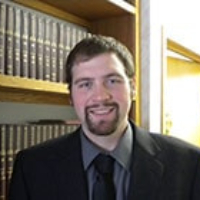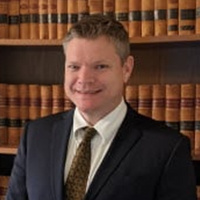Freeport Criminal Lawyer, Minnesota
Michael A. Bryant
✓ VERIFIEDCriminal, Litigation, Personal Injury, Wrongful Death, Car Accident
Our experienced personal injury lawyers regularly represent clients suffering from minor, serious, and catastrophic injuries. We have extensive experi... (more)
Jason Robert Sellnow
✓ VERIFIEDCriminal, Accident & Injury, Divorce & Family Law, Car Accident
An experienced Attorney who practices in the areas of Estate Planning, Trusts, Probate, Real Property transactions and title work, Civil Litigation, F... (more)
Blake D. Lubinus
✓ VERIFIEDCriminal, Divorce & Family Law, Business, Estate, Litigation
Born in South Dakota, raised in Iowa, and now practicing law in Minnesota, Blake is the very definition of a Midwestern lawyer. He attended the Univer... (more)
Michelle Marie Draewell
Accident & Injury, Criminal, Employment, Lawsuit & Dispute, Health Care Other
Status: In Good Standing Licensed: 13 Years
Charles M. Schiff
Estate Planning, Criminal, Elder Law, Business Organization
Status: In Good Standing Licensed: 50 Years
Todd Alan Kelm
Traffic, Family Law, DUI-DWI, Business Organization
Status: In Good Standing Licensed: 35 Years
Michael Hall
Slip & Fall Accident, Occupational Safety & Health, Litigation, Criminal
Status: In Good Standing




